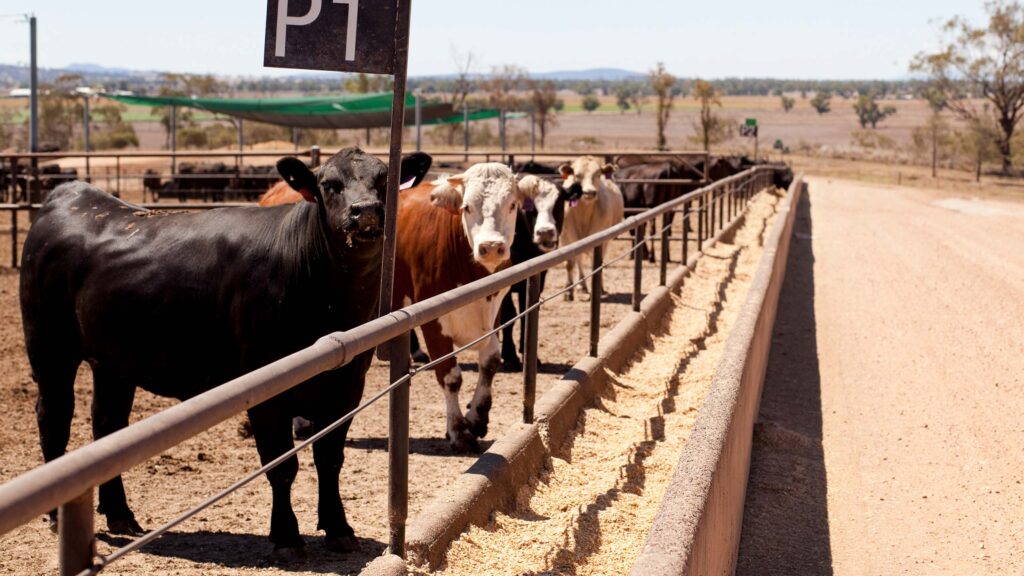Australian meat sector pulls plug on 2030 net zero pledge
 © Adobe Stock
© Adobe Stock The Australian cattle industry has dropped a long-standing pledge to be net zero by 2030.
Meat & Livestock Australia (MLA) first committed to the target in 2017 for net zero greenhouse gas emissions by 2030 from Australian beef, lamb and goat production.
However, the Red Meat Advisory Council (RMAC) recently confirmed that the target would be unachievable within the given time frame.
See also: UK beef retains strong price premium due to limited supplies
RMAC independent chairman, John McKillop, told ABC News the decision was made based on a better understanding of emissions and the realisation that the industry was not on track to reach the target.
He said: “We just, quite frankly, realised we’re not going to get to carbon neutral by 2030.
“There’s no point in continuing on blindly having a target that we know we’re not going to reach.”
The industry will now focus on emissions intensity rather than the amount of carbon emitted.
Annual emissions from livestock have already decreased by 78% in Australia since 2005, according to the MLA.
Export trade
Australian beef and veal exports hit a new record high of 1.4m tonnes for the 2024-25 financial year.
Mutton exports also hit a new peak at 256,104t, while lamb exports totalled 363,109t.
MLA managing director Michael Crowley said: “Achieving record exports across both beef and sheepmeat in a single financial year is not just a milestone, it’s a reflection of Australia’s resilience and agility in a competitive global market.”
